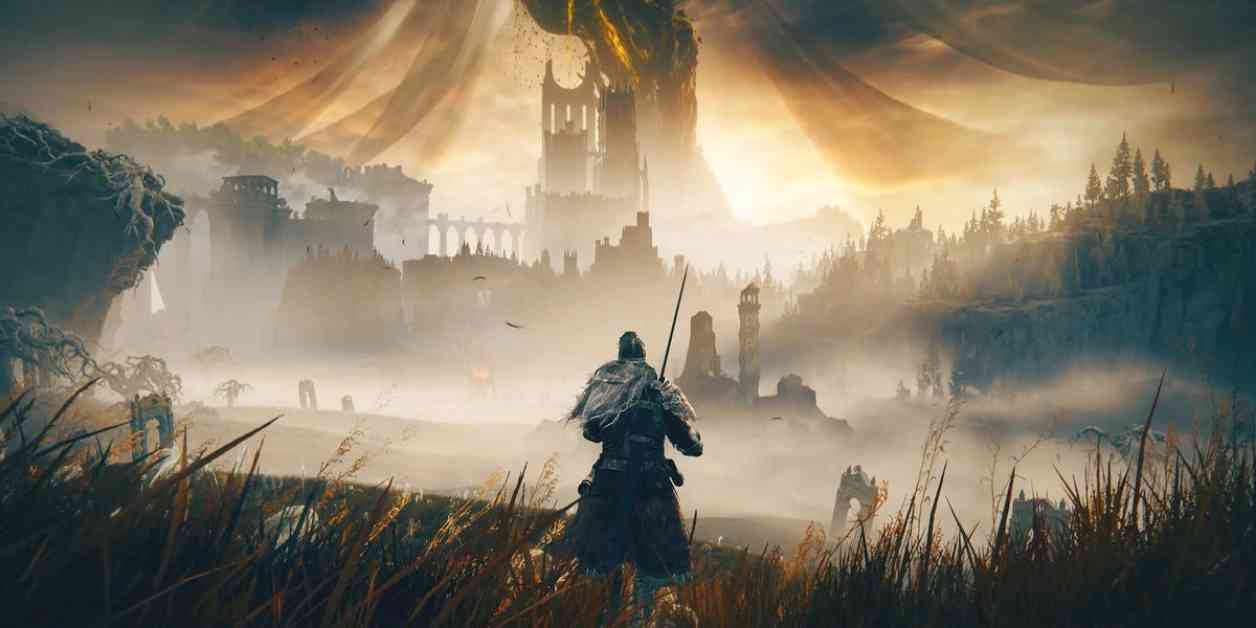One of the most enlightening moments in life for me was when I discovered that the whale in Moby Dick didn’t symbolize just one thing. It could represent multiple conflicting ideas at once. This idea of conflicting symbolism has stayed with me, especially when I think about games like Elden Ring.
Elden Ring, developed by FromSoftware, is a game that thrives on ambiguity and speculation. The upcoming DLC, Shadow of the Erdtree, promises to add even more layers to the already intricate lore of the game. As someone who has dabbled in FromSoftware games, I understand the allure of these complex narratives. The games are not just about gameplay; they are about exploration, discovery, and interpretation.
Playing a FromSoftware game like Dark Souls can be an intense experience. I remember cowering in fear in Undead Burg, trying to survive against hordes of enemies. I wasn’t focused on the lore or the history of the world; I was just trying to stay alive. But for some players, the challenge of the game is just the beginning. They dive deep into the lore, connecting dots, and uncovering hidden stories within the game world.
FromSoftware games are known for their attention to detail and world-building. Every statue, every building, every item tells a story. Players who pay close attention to these details are rewarded with a rich and immersive experience. It’s like solving a mystery, piecing together clues to uncover the truth behind the game’s world.
But what sets FromSoftware games apart is the way they leave gaps in the narrative. These gaps are not mistakes or oversights; they are deliberate invitations for players to fill in the blanks. Why does a certain enemy drop a rare item? What caused the destruction of a once-great city? These questions push players to engage actively with the story, to speculate and imagine the possibilities.
For me, this storytelling approach is akin to the process of writing. Just as writers create stories with hidden meanings and open-ended questions, FromSoftware crafts games that challenge players to think and interpret. It’s a process of discovery, of uncovering truths that may not be immediately apparent.
In Elden Ring, I see echoes of real-world themes and emotions. The care that is shown to the dying character Fia hints at a deeper understanding of human struggles and vulnerabilities. It’s a reminder that even in a fantastical world, there are elements of truth and humanity that resonate with players.
Ultimately, the beauty of games like Elden Ring lies in their ability to provoke thought and inspire conversation. The ambiguity and complexity of the narrative keep players engaged long after they have put down the controller. It’s a testament to the power of storytelling and the impact it can have on those who are willing to delve deep into its mysteries.

